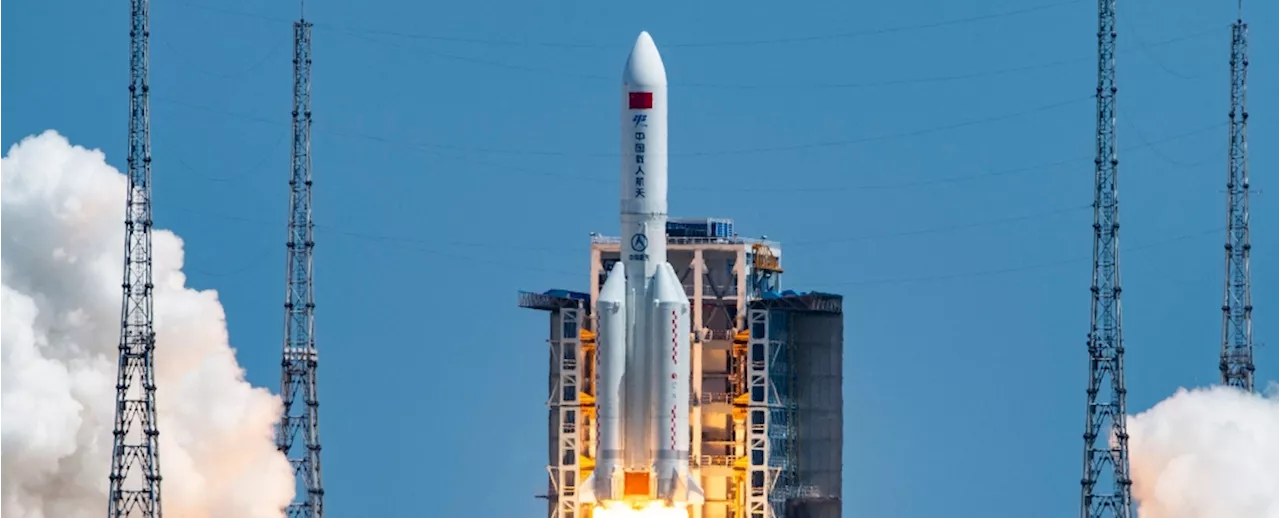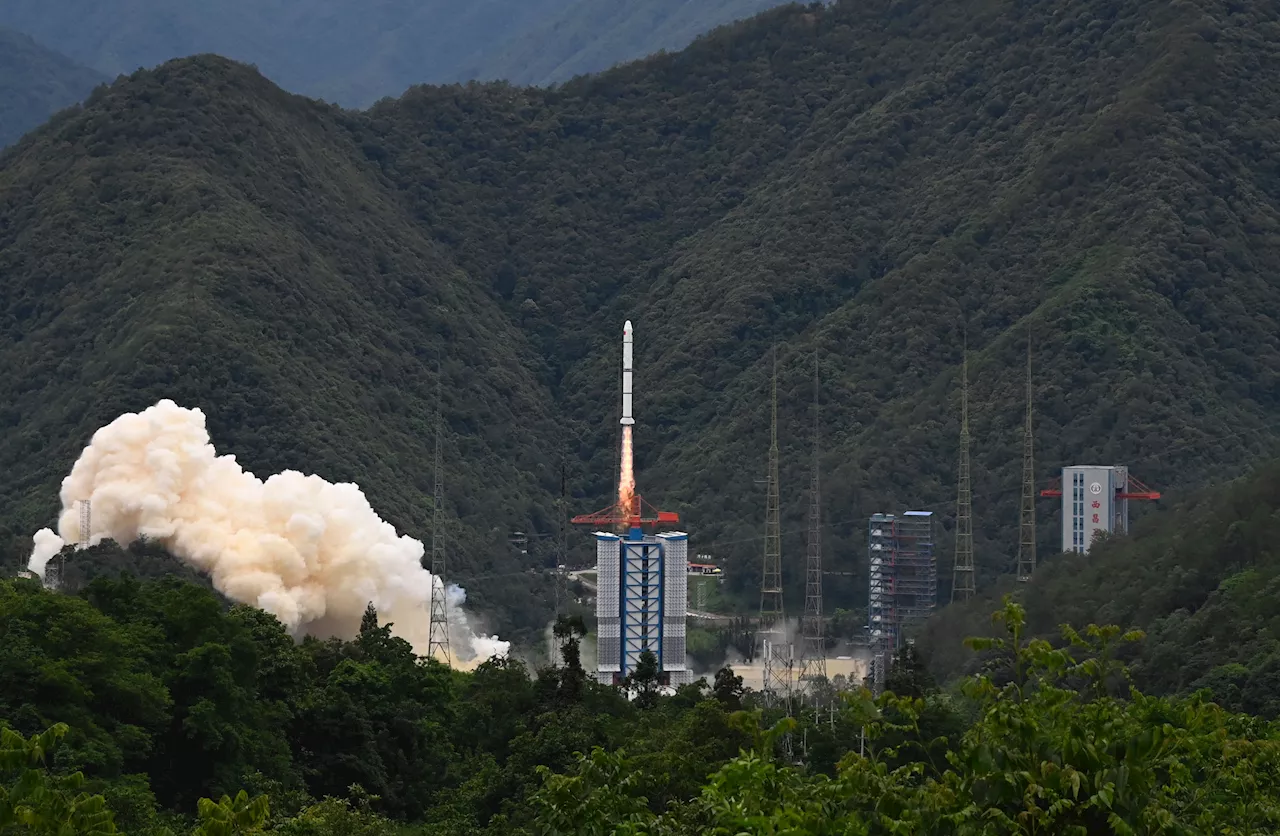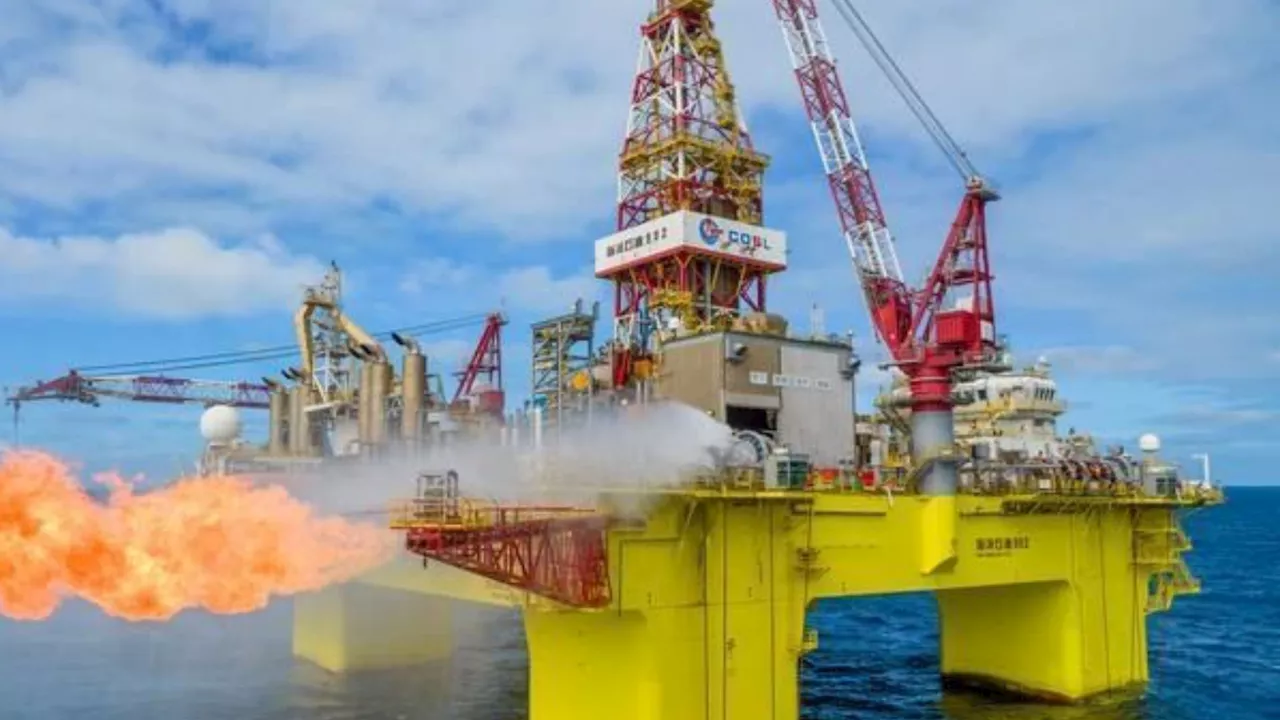China has taken a major step forward in its bid to create a rival to SpaceX’s Starlink this week by launching the first of what it hopes will be a constellation of 14,000 satellites beaming broadband internet coverage from space.
Eighteen satellites were blasted into low Earth orbit on Tuesday in the inaugural launch for the government-backed Qianfan, or Spacesail, constellation, state media reported. The constellation – hailed in domestic media as China’s answer to US-based SpaceX’s Starlink – aims to join a handful of planned or operational large-scale space projects from providers in various countries offering broadband satellite internet services.
” While the launch of Qianfan is part of Beijing’s broader push to boost space capabilities and commercial applications, its launch also shows China is “recognizing the dual use … potential of these capabilities from the standpoint of informational superiority or data flow control,” said Tomas Hrozensky, a senior researcher at the nonprofit think tank European Space Policy Institute in Vienna.
United States Latest News, United States Headlines
Similar News:You can also read news stories similar to this one that we have collected from other news sources.
 China Launches Satellites For Major Network to Rival Elon Musk's StarlinkThe Best in Science News and Amazing Breakthroughs
China Launches Satellites For Major Network to Rival Elon Musk's StarlinkThe Best in Science News and Amazing Breakthroughs
Read more »
 China launches its rival to Elon Musk's Starlink internet satellitesBy 2025, China is aiming to deploy 648 satellites of the 'Thousand Sails Constellation' to create global internet coverage, according to state media CCTV.
China launches its rival to Elon Musk's Starlink internet satellitesBy 2025, China is aiming to deploy 648 satellites of the 'Thousand Sails Constellation' to create global internet coverage, according to state media CCTV.
Read more »
 China launches its rival to Elon Musk's Starlink internet satellitesBy 2025, China is aiming to deploy 648 satellites of the “Thousand Sails Constellation” to create global internet coverage, according to state media…
China launches its rival to Elon Musk's Starlink internet satellitesBy 2025, China is aiming to deploy 648 satellites of the “Thousand Sails Constellation” to create global internet coverage, according to state media…
Read more »
 Elon Musk's SpaceX Has a Starlink Rival in ChinaChinese commercial and state-owned companies plan to put thousands of communications satellites in orbit.
Elon Musk's SpaceX Has a Starlink Rival in ChinaChinese commercial and state-owned companies plan to put thousands of communications satellites in orbit.
Read more »
 China ready to launch 1st satellite in constellation that will challenge Elon Musk's StarlinkTia is the managing editor and was previously a senior writer for Live Science. Her work has appeared in Scientific American, Wired.com and other outlets.
China ready to launch 1st satellite in constellation that will challenge Elon Musk's StarlinkTia is the managing editor and was previously a senior writer for Live Science. Her work has appeared in Scientific American, Wired.com and other outlets.
Read more »
 China finds over 100 billion cubic meters of natural gas in South China SeaThe field, situated 1,640 feet deep southeast of Hainan Island, is estimated to contain over 100 billion cubic meters of natural gas.
China finds over 100 billion cubic meters of natural gas in South China SeaThe field, situated 1,640 feet deep southeast of Hainan Island, is estimated to contain over 100 billion cubic meters of natural gas.
Read more »
